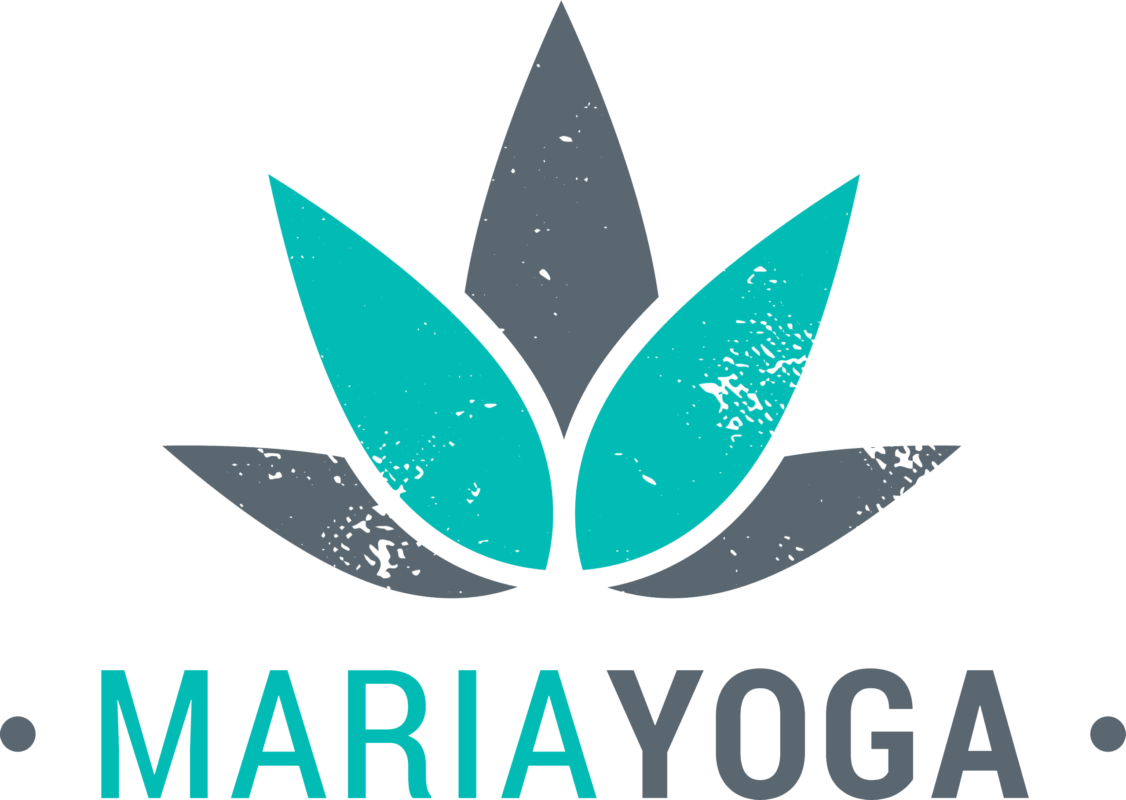Yoga Breathing to calm the mind 
Are you breathing properly? This may seem like a strange question to ask but it appears most of us are not. Of course you know how to breathe you’ve been doing it all your life. Breathing occurs to us naturally, even when we are not aware of it. So it seems odd to think that you might not be breathing properly.
However if you suffer from any of the following it might be because you are not breathing correctly and getting enough oxygen.
Nervousness,
anxiety,
sluggishness,
irritability,
lack of energy,
fatigue,
depression.
Poor breathing can happen over time as we pick up unhealthy habits without being aware of it. For example if you sit at a desk all day long and assume a slouched positions this can effect lung capacities and will result in you taking shortened breaths.
So how can Yoga breathing help?
Ujjayi breathing can assist as this is a diaphragmic breathing technique (pranayama) meaning that you breath deeply into the belly increasing lung capacity, improving oxygen levels to the blood which helps to eliminate toxins and allow internal organs to operate more efficiently. Typically Ujjayi breathing is performed during Yoga asanas however this calming and balancing breath can be used whenever you feel this is needed. I usually practice this for a few minutes in the morning to restore my nervous system and to set me up for my day ahead.
How to perform Ujjayi breath.
1. Begin sitting in a comfortable seated position preferably cross legged or on a bolster making sure you’re sat up tall, lengthening the spine.
2. Inhale and exhale deeply through the mouth making a ‘ha’ sound as you breath out.
3.On the exhales, begin to slightly constrict the passage of air at the back of the throat – imagine that you are fogging up a mirror.
4. Once you are comfortable with the exhale, begin to apply the same constricting of the throat to the inhales. Ujjayi breathing is an audible breath and you should notice it. The sound is reminiscent of the ocean (or a similar sound to Darth Vadar!)
5. When you are able to control the throat on both the inhale and the exhale, close the mouth and begin breathing only through the nose. Close the eyes and sit for a moment listening to the oceanic sounds of your Ujjayi breath.

